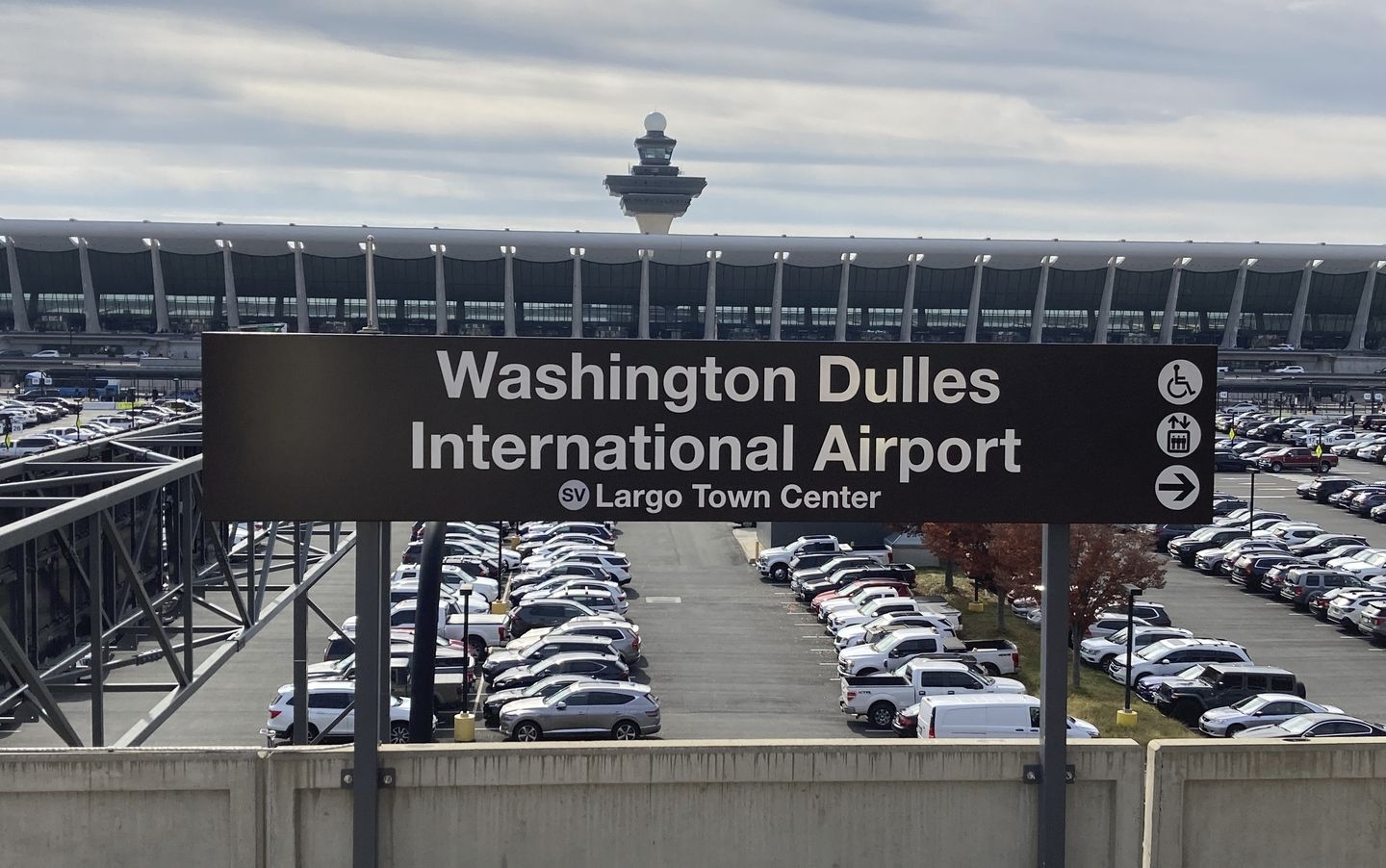Customs and Border Protection agents at Washington Dulles International Airport recently made a surprising discovery while inspecting a shipment of flowers from South Africa. Among the beautiful blooms, they found two voracious bugs that posed a potential threat to U.S. agriculture.
The bugs, identified as invasive species, were quickly intercepted by the vigilant agents to prevent them from entering the country and potentially causing harm to local crops and ecosystems. This incident serves as a reminder of the important role that CBP agents play in safeguarding our nation’s borders and protecting our agricultural industry.
Invasive species are non-native organisms that have the potential to cause harm to the environment, economy, or human health. They often outcompete native species for resources, disrupt ecosystems, and can even spread diseases. In the case of the bugs found at Dulles Airport, they could have had devastating consequences if they had been allowed to enter the country unchecked.
The interception of these bugs highlights the critical work that CBP agents do on a daily basis to prevent the spread of invasive species and protect our nation’s agricultural interests. Their diligence and expertise are essential in ensuring the safety and security of our borders.
Invasive species pose a significant threat to agriculture, which is a vital sector of the U.S. economy. They can damage crops, reduce yields, and increase production costs for farmers. In extreme cases, they can even lead to the complete loss of crops, causing financial hardship for farmers and food shortages for consumers.
To combat the spread of invasive species, CBP employs a variety of measures, including inspections of incoming shipments, quarantine protocols, and partnerships with other government agencies and international organizations. These efforts are crucial in preventing the introduction and establishment of harmful pests and diseases in the United States.
The bugs found at Dulles Airport serve as a stark reminder of the potential consequences of failing to properly screen and inspect incoming cargo. Without the vigilance of CBP agents, these bugs could have easily slipped through undetected and wreaked havoc on U.S. agriculture.
In addition to the economic impact, invasive species can also have serious environmental consequences. They can disrupt ecosystems, alter habitats, and threaten the survival of native species. In some cases, they can even lead to the extinction of endangered plants and animals.
The bugs found at Dulles Airport underscore the importance of maintaining strict biosecurity measures to prevent the spread of invasive species. By working together with other government agencies, industry stakeholders, and international partners, CBP is able to identify and intercept potential threats before they can cause harm.
In response to the discovery of the bugs, CBP agents at Dulles Airport took swift action to contain and eradicate the invasive pests. They worked closely with agricultural experts to determine the best course of action and ensure that the bugs were safely disposed of.
This incident serves as a valuable learning opportunity for all involved in the fight against invasive species. It highlights the need for continued vigilance, cooperation, and innovation in order to protect our agriculture, environment, and economy from the threats posed by these harmful organisms.
Moving forward, CBP will continue to prioritize the interception of invasive species and work tirelessly to prevent their entry into the United States. By staying ahead of potential threats and implementing robust biosecurity measures, CBP is helping to safeguard our nation’s borders and preserve the integrity of our agricultural industry.
As a hub for international travel and trade, Washington Dulles International Airport plays a key role in the prevention of invasive species entering the country. CBP agents stationed at the airport are on the front lines of this effort, working diligently to ensure that all incoming cargo is thoroughly inspected and screened for potential threats.
The interception of the bugs in the shipment of flowers from South Africa is a testament to the dedication and expertise of CBP agents at Dulles Airport. Their quick thinking and decisive action prevented a potentially disastrous situation from unfolding and protected U.S. agriculture from harm.
In conclusion, the discovery of the two voracious bugs at Washington Dulles International Airport serves as a stark reminder of the ongoing threat posed by invasive species. It underscores the importance of strong biosecurity measures, effective surveillance, and collaboration between government agencies and industry stakeholders in order to protect our agriculture, environment, and economy from harm. CBP agents play a crucial role in this effort, and their vigilance and dedication are essential in safeguarding our nation’s borders and preventing the spread of harmful pests and diseases.









